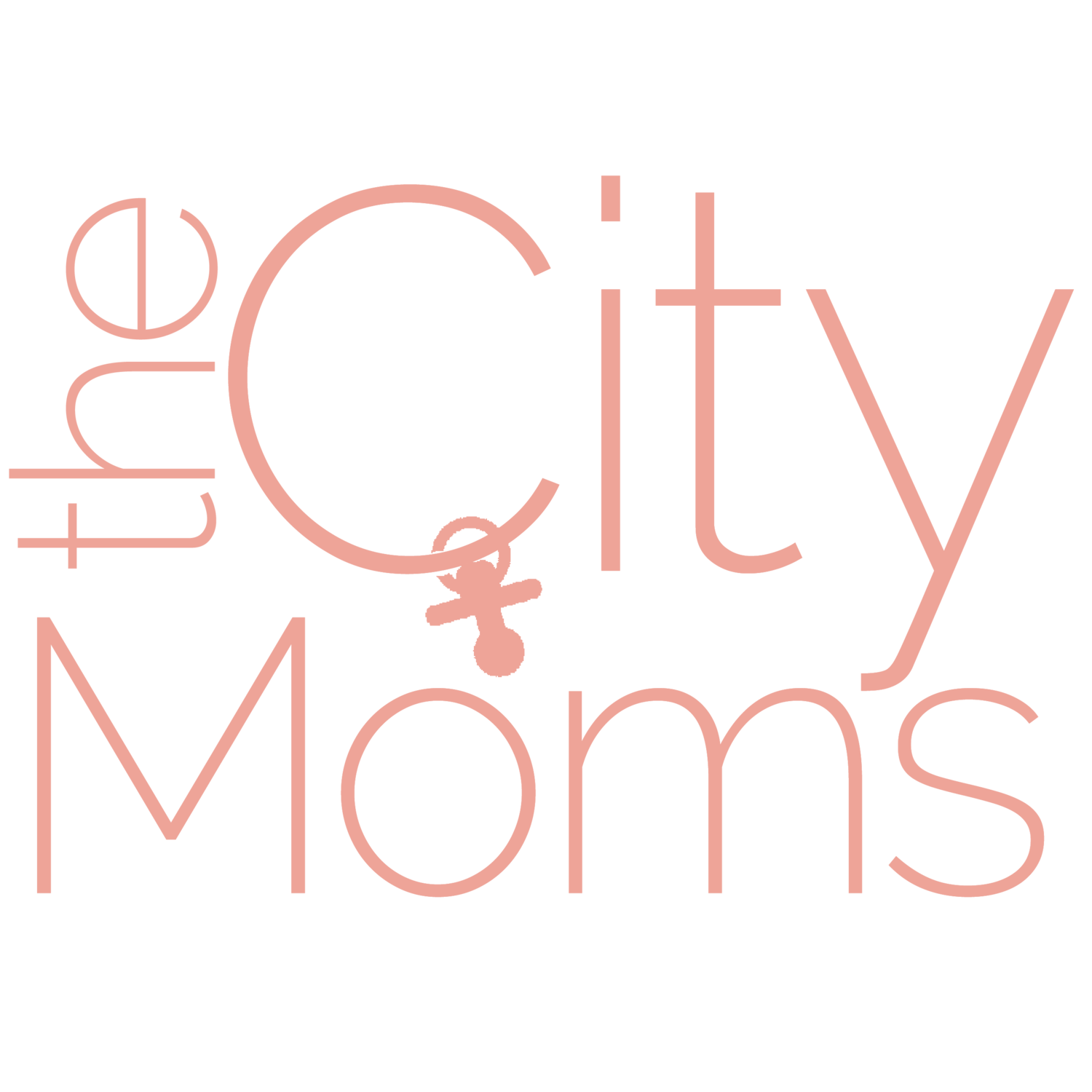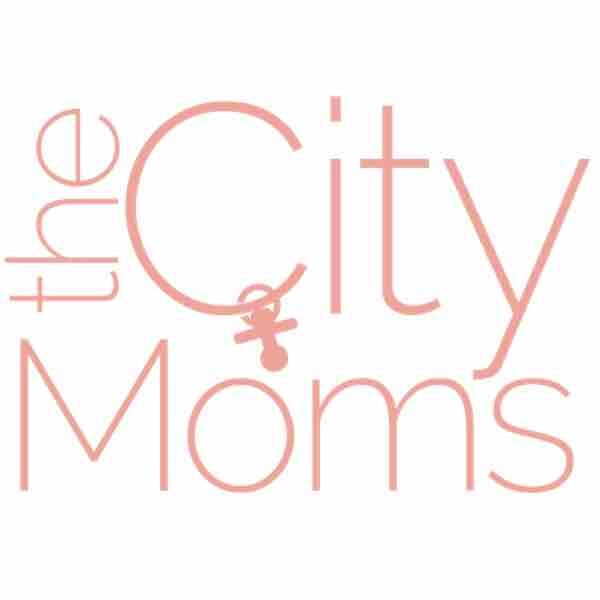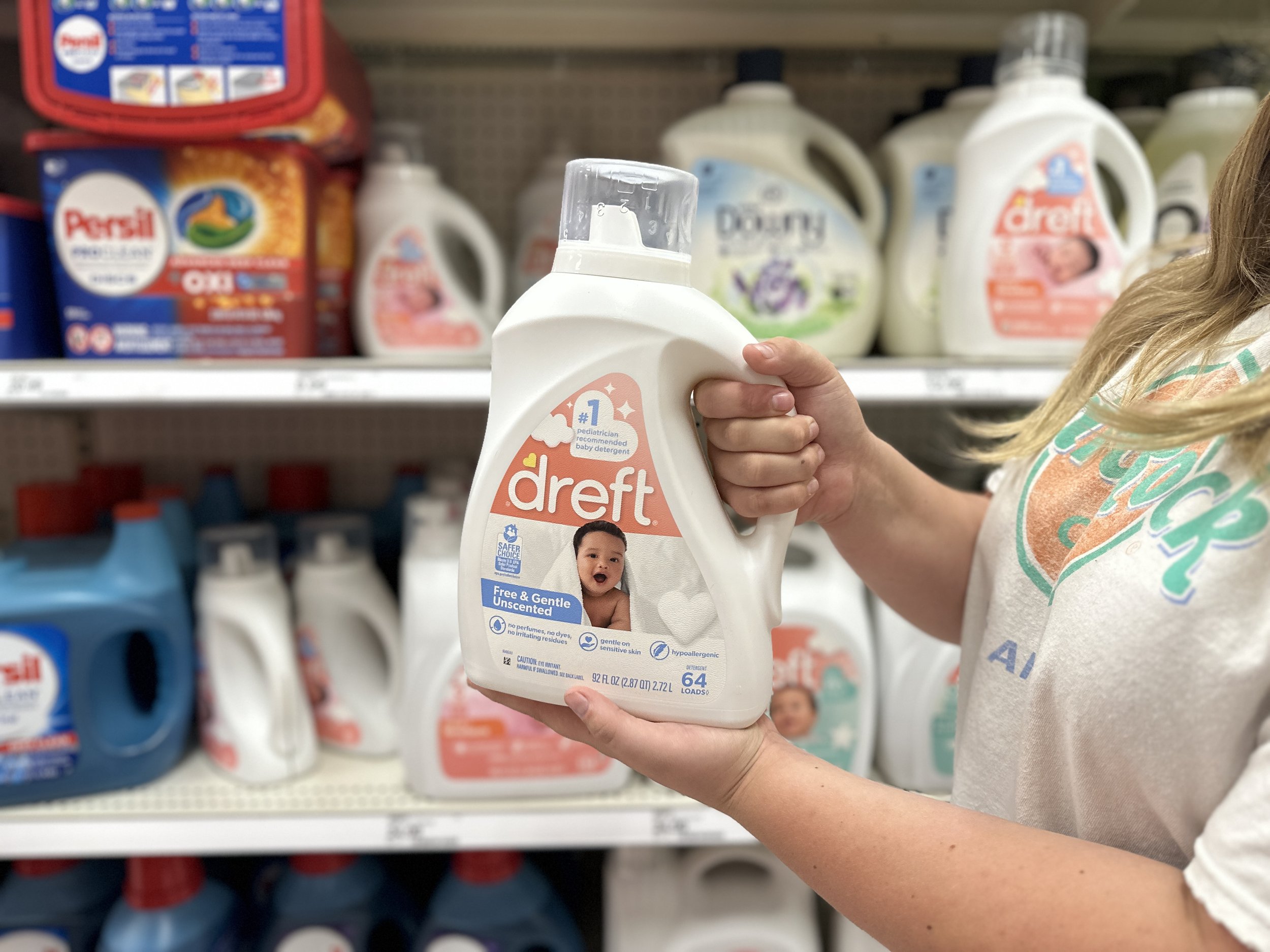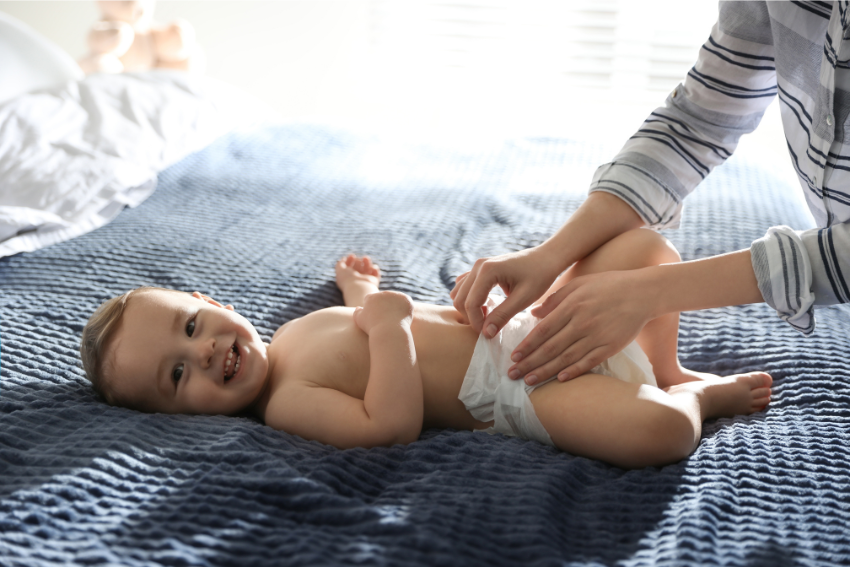Ultimate guide: The best laundry detergent for babies with eczema
theCityMoms use affiliate links to support our staff and work, but our opinion is never influenced. We only share items we use and love.
We dealt with eczema when my son was a baby - the allergic reactions to what felt like everything, and constant flair-ups on his sensitive skin. Sometimes we went days with his poor skin all spotted, and it took months of trial and error to find the right detergent for him. One thing I wish someone would have told us as new parents: This stage will pass. Promise.
If your little one suffers from eczema too, iknowyouknow how crucial it is to choose products that are gentle on their delicate skin. In this comprehensive guide, we'll offer some of the best laundry detergent options for babies with eczema - according to our CityMoms members! - ensuring their skin stays free from irritation and discomfort.
But before we dig into the best baby laundry detergents for your sensitive skin kiddo, let's dig into a couple of quick areas:
Your next read:
Why it's important to choosing the right laundry detergent
Skin irritation is a super common symptom of eczema, and using a detergent with harsh chemicals can worsen the condition in babies. That said, chemicals and fragrances in regular detergents and fabric softeners can cause flare-ups, and even exacerbate the itching and discomfort associated with eczema. So it's vital to research and select a detergent specifically formulated for sensitive skin and free from harsh ingredients. (We'll get to a few recommendations below in just a sec!)
Key considerations when choosing a laundry detergent for babies with eczema
Hypoallergenic Formula: Look for detergents that are labeled as hypoallergenic. These laundry products are designed to be gentle on the skin and minimize the risk of irritation.
Avoid Harsh Chemicals: Harmful chemicals, such as bleach and phosphates, can strip the skin of its natural oils and exacerbate eczema symptoms and skin conditions. Opt for detergents that are free from these chemicals to protect your baby's skin.
Fragrance-Free and Dye-Free: Fragrances and dyes can be potential irritants for eczema-prone skin. Choose detergents that are fragrance-free and dye-free to minimize the risk of triggering a reaction.
Recognized by the National Eczema Association: Look for detergents that have been recognized or approved by reputable organizations such as the National Eczema Association. This recognition guarantees that the detergent has been rigorously tested and proven to be effective for individuals with eczema. (Bonus if they also receive the seal of approval from the American Academy of Pediatrics!)
Our recs of the best laundry detergent for babies with eczema:
All Free Clear
All Free Clear is a highly recommended brand by dermatologists and pediatricians for babies with eczema (and by this mom: In fact we still use it to this day and my ‘baby’ is 16!). Why we love it: Its hypoallergenic formulation is free from harsh chemicals and irritating dyes, making it a safe choice for your baby's clothes and one of the best baby detergent options on the market.
Dreft Stage 1: Newborn
Dreft is a well-known brand for baby laundry detergents, and the scent is one of those I still remember from when my kids were little. Their Stage 1: Newborn formula is specifically designed to be gentle on delicate skin. Why we love it: It’s free from chemicals, such as bleach and phosphates, providing a safe and effective solution for babies with eczema.
Tide Free and Gentle
Tide Free and Gentle is a trusted brand recognized by the National Eczema Association. It’s said to ‘effectively clean while providing a gentle touch for eczema-prone skin’ and we concur. Why we love it: Tide Free and Gentle is made without dyes and perfumes we know irritate sensitive skin and it’s easy to find almost anywhere.
Seventh Generation Free and Clear
Seventh Generation creates products that are not only safe for people but also environmentally friendly. Their Free and Clear detergent is hypoallergenic, free from fragrances and dyes. Why we love it: It’s a plant-based formula for those of us ISO a more natural detergent option.
Babyganics 3X Baby Laundry Detergent
The Babyganics brand focuses on creating safe and effective products for babies. Their 3X Baby Laundry Detergent is specially formulated for sensitive skin and is free from sulfates, phosphates, and artificial fragrances. Why we love it: It’s recognized by the National Eczema Association, which means we know it meets the highest standards in caring for babies with eczema.
ECOS Hypoallergenic Liquid Laundry Detergent
ECOS is a fragrance-free option specifically designed for individuals with allergies or sensitive skin. Its gentle formula is made with plant-powered ingredients, leaving clothes clean, soft, and free from any potential irritants. Why we love it: ECOS is free of optical brighteners which can cause contact dermatitis or other skin irritation.
Grab Green Newborn Baby Laundry Detergent Pods
If a liquid detergent isn’t your thing, Grab Green Newborn Baby Laundry Detergent Pods are a fabulous alternative. They are made with naturally-derived ingredients, including plant and mineral-based ingredients, and free from harsh chemicals. Why we love it: The pods also effectively remove stains and odors from baby clothes while being gentle on delicate skin. (Bonus: They also have dryer sheets available!)
More great recs:
Frequently Asked Questions about Baby Laundry Detergents for Eczema
Is it OK to machine wash baby clothes?
Yes, it is generally safe to machine wash baby clothes as long as you follow the manufacturer's instructions and use a gentle, hypoallergenic detergent. It's important to separate them from the rest of the household laundry to avoid cross-contamination and the risk of irritants from other detergents.
Should they be washed separate from the other clothes in a household?
First, make sure to separate your baby's clothes from the rest of the laundry to avoid any potential contamination. Second, use a gentle and hypoallergenic laundry detergent specifically formulated for sensitive skin to minimize the risk of irritation or allergic reactions.
What wash cycle should you use?
Opt for a delicate or gentle cycle, and avoid using high heat during the drying process (because excessive heat can damage delicate fabrics!). By following these guidelines, you can safely and effectively machine wash your baby's clothes, helping to keep them fresh and comfortable.
What temperature should you use?
It’s recommended to launder baby clothes with warm water or cold water to prevent shrinking and keep the colors vibrant.
Can you use essential oils in baby's laundry detergent?
It’s generally best to avoid using essential oils in baby's laundry detergent. While essential oils are derived from natural sources and have various benefits, they can still pose potential risks and irritate a baby's sensitive skin. Why? We know essential oils are highly concentrated, which can be too strong for a baby's delicate skin, and lead to allergic or skin reactions. Second, essential oils may leave residue on the clothes even after washing, which can come into contact with the baby's skin, and cause discomfort or skin sensitivity.
Ok so let's recap:
When it comes to choosing a laundry detergent for babies with eczema, it's crucial to prioritize their sensitive skin's needs. You want to opt for hypoallergenic formulations that avoid harsh chemicals, fragrances, and dyes. And you want to look for detergents recognized by reputable organizations such as the National Eczema Association to ensure they are formulated with the highest standard of care. Above all, remember that this stage will pass, and in no time you'll be trading in these delicate washes for ones full of food stains, grass streaks, and other big kid fun.






